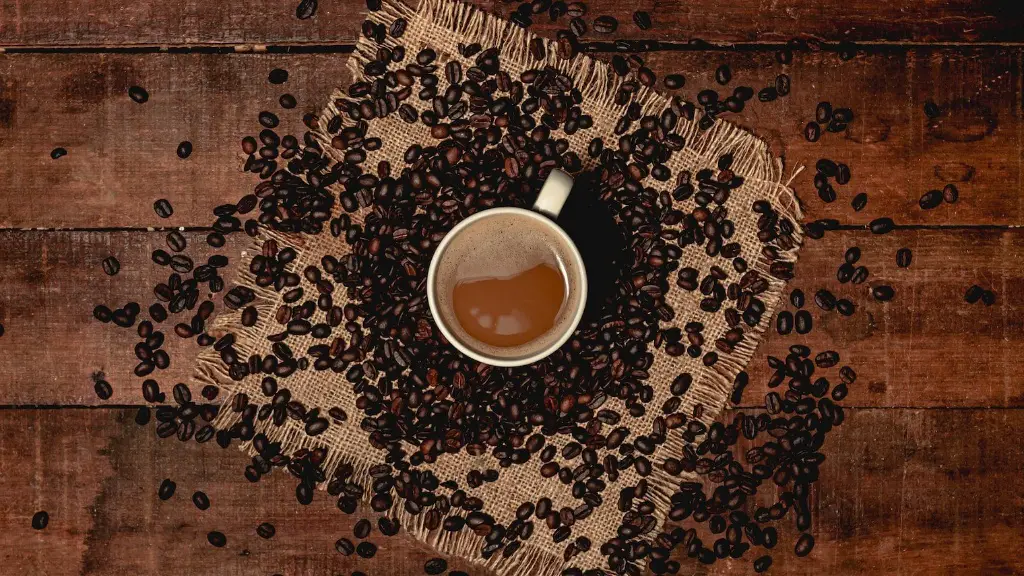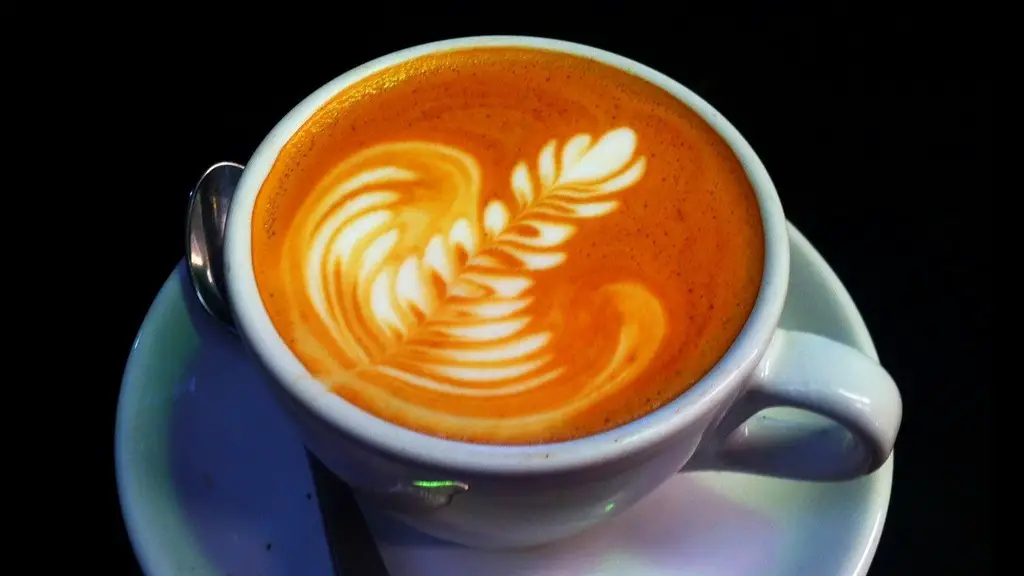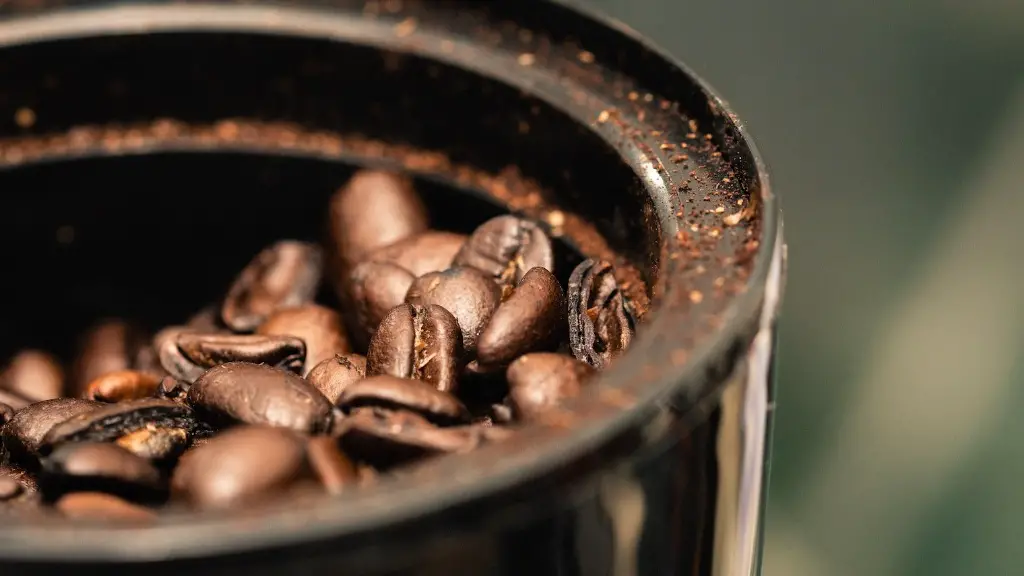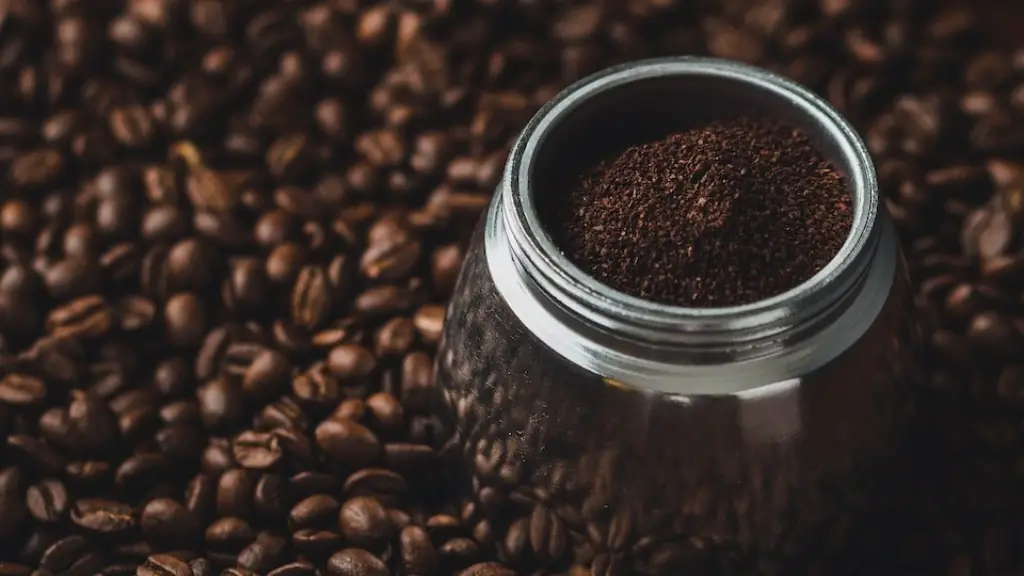Fasting before labs and other medical tests is a common practice. But can you drink black coffee before running tests? The answer depends on the type of test you are going to have and what your doctor recommends, but most tests do not require that you abstain from coffee.
There are a few tests where drinking black coffee right before can affect results. For example, if you take a glucose tolerance test, drinking coffee beforehand can raise your blood sugar levels and make it difficult to accurately measure what your body is doing naturally. Likewise, if you are having a liver function test, caffeine can interfere with levels, as can drinking anything other than plain water.
In most cases, though, it is unlikely that your doctor will say that you need to avoid coffee before fasting labs. While some practitioners do recommend avoiding all caffeinated beverages for at least 12 hours before testing, the consensus is that there is no need to completely abstain. Furthermore, some people find it difficult to fast for a long period of time and so having a cup of black coffee can help take the edge off hunger pangs.
It is important that if you decide to drink black coffee before fasting labs, you do it in moderation. Having too much caffeine can raise your anxiety levels and make it difficult to relax during the test. If you are feeling anxious or agitated, the results of your tests might be affected.
Of course, it is ultimately up to you and your doctor to decide whether or not you should drink black coffee before fasting labs. Your doctor may have specific advice for you, or may have guidelines for certain tests that require certain levels of abstinence. If you have any doubts, talk to your doctor and make sure you understand the implications of any choices you make about your diet before fasting.
What does caffeine do to the body?
Caffeine, the primary ingredient in black coffee, is a stimulant that can have an impact on the heart, muscles and brain. Caffeine increases levels of adrenaline in the body, which in turn stimulates the heart and makes it beat faster. It is thought that this action may be beneficial for improving alertness and physical endurance. It is also thought to aid in the release of fatty acids from fat cells, which could be beneficial for people who want to lose weight.
Caffeine can also act as a diuretic, which means it can cause a person to lose more water than they are taking in, which can be a potential issue when fasting. It has also been linked to an increase in blood pressure in people who consume caffeine on a regular basis.
Finally, caffeine can act as an appetite suppressant by affecting the hormones involved in hunger. This means that, when taken in moderation, caffeine can help reduce hunger pangs, which can be beneficial for those who are fasting for a medical test.
What are the health benefits of black coffee?
Although there is still much to be discovered about the health benefits of black coffee, there is some evidence that it can be good for you. Some research shows that black coffee can help reduce the risk of stroke, help improve cognitive function, and even help reduce the risk of developing certain types of cancer.
Black coffee also contains antioxidants which can help protect cells from damage and can help reduce oxidative stress in the body. This means that it might be able to help protect against some of the effects of aging as well as helping to promote better health. Additionally, black coffee may help reduce inflammation in the body, which can help reduce the risk of developing certain chronic diseases.
Are there any risks of drinking black coffee before fasting labs?
As previously mentioned, drinking too much black coffee before fasting labs can lead to an increase in anxiety, which can affect the results of some tests. Additionally, it is important to be aware that black coffee does contain caffeine, and caffeine can act as a diuretic and cause a person to lose more water than they are taking in.
Furthermore, drinking too much coffee on an empty stomach can also cause an upset stomach. Caffeine can be hard on the stomach, and if you are fasting for an extended period of time, you may be more vulnerable to its effects. Finally, long-term consumption of large amounts of black coffee can lead to certain health problems, such as insomnia, heart palpitations, and high blood pressure.
Are there alternatives to drinking black coffee before fasting labs?
If you need a bit of help staying awake and alert before fasting labs, but are concerned about the effects of having a full cup of black coffee, there are alternatives available. For example, having a cup of herbal tea can be a good way to get some caffeine without the same level of intensity. Additionally, eating a small snack before fasting labs can help to keep you energized without impacting the results of the test.
There are also supplements available that can help to keep you alert and energized. Caffeine tablets, for example, can provide the same wakefulness and alertness as drinking coffee but with less of an impact on the body. Additionally, some people find that including natural stimulants like guarana or yerba mate in their diet can help to reduce hunger and make it easier to fast for a prolonged period of time.
What should I do if I need to abstain from coffee before fasting labs?
If you are told that you need to avoid coffee before fasting labs, then it is important that you follow your doctor’s instructions. Although abstaining from coffee may seem inconvenient, it is the best way to ensure accurate results.
If you are really struggling to stay awake and alert without coffee, then there are some things you can do to make it easier. Start by gradually reducing your intake in the days leading up to the fasting period. This will help your body adjust to not having coffee and will make the fasting period feel less overwhelming. Additionally, drinking plenty of water and eating small, healthy snacks can help to reduce fatigue. Lastly, make sure you get plenty of rest and don’t take any other stimulants in the few days before fasting labs.
Conclusion
Drinking black coffee before fasting labs is usually fine, but it is important to pay attention to the type of test you are having and what your doctor recommends. Caffeine can act as a diuretic, raising anxiety levels and making it more difficult to relax during the test, so be sure to drink it in moderation if you do choose to do so. If not, there are alternatives available that can help you feel more energized and alert during fasting, such as herbal teas, small snacks, and natural stimulants. However, if in doubt, it is always best to consult your doctor and follow their advice.




